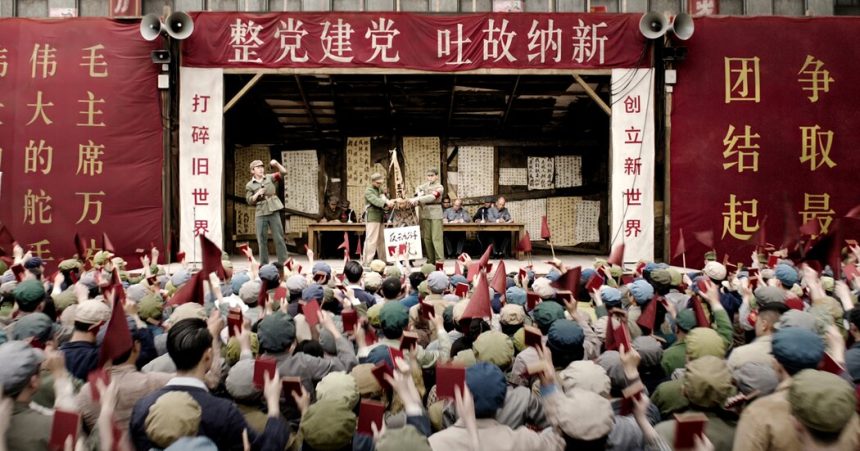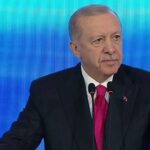The first five minutes of the Netflix series “3 Body Problem” were hard to watch.
I tried not to shut my eyes at the coldblooded beating of a physics professor at the height of the Cultural Revolution in 1967. By the end of it, he was dead, with blood and gruesome wounds all over his head and body. His daughter, also a physicist, watched the public execution. She went on to lose hope in humanity.
I made myself sit through this violent scene. I have never seen what was known as a struggle session depicted blow-by-blow on the screen. I also felt compelled to watch it because of how the series, a Netflix adaptation of China’s most celebrated works of science fiction, has been received in China.
On Chinese social media platforms, commenters objected that the series is not set entirely in China; that the main characters are not all Chinese but instead racially diverse; that one of the main characters has been switched from a man to a woman and, in their eyes, the actress was not pretty enough. They cited many other supposed flaws.
“The Three-Body Problem,” an apocalyptic trilogy about humanity’s reactions to a coming alien invasion that sold millions of copies in Chinese and more than a dozen other languages, is one of the best-known Chinese novels in the world published in the past few decades. Barack Obama is a fan. China doesn’t have many such hugely successful cultural exports.
Instead of pride and celebration, the Netflix series has been met with anger, sneer and suspicion in China. The reactions show how years of censorship and indoctrination have shaped the public perspectives of China’s relations with the outside world. They don’t take pride where it’s due and take offense too easily. They also take entertainment too seriously and history and politics too lightly. The years of Chinese censorship have also muted the people’s grasp of what happened in the Cultural Revolution.
Some commenters said that the series got made mainly because Netflix, or rather the West, wanted to demonize China by showing the political violence during the Cultural Revolution, which was one of the darkest periods in the history of the People’s Republic of China.










